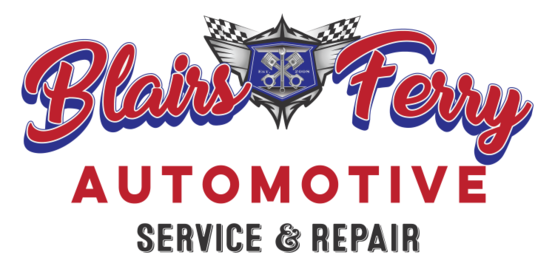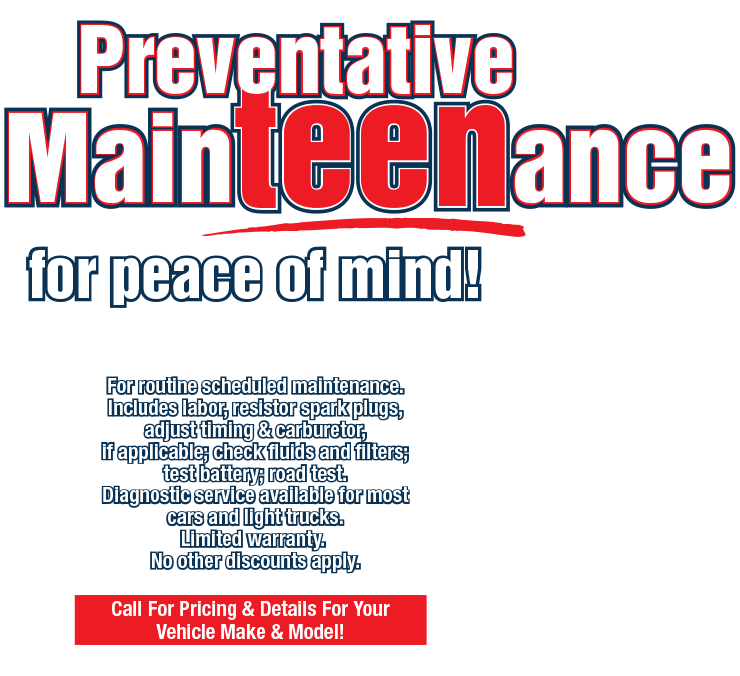Always on Guard (TMPS)
October 30, 2022
One of the most important things you can do to keep your vehicle running safely is to make sure your tires are properly inflated. If one or more is vastly over- or underinflated, that has the potential to cause major handling problems and may result in a dangerous accident.
All vehicles in recent years are equipped with Tire Pressure Monitoring Systems, or TPMS. One system uses small sensors in the tires that continually check the pressure in each tire. That sensor sends a signal to computers in your vehicle which turns on an instrument panel light warning of low pressure when at least one is very low. Or it may update a numeric reading on your instrument panel which gives you an approximation of how many PSI (pounds per square inch) of air is in each tire.
Another system works with your antilock brake system to measure the size of your vehicle’s tires. When one wheel is going faster than another, it will spin faster. A computer sees that and alerts you that tire’s diameter is smaller than the others and therefore must be underinflated.
No matter what system you have, it’s also helpful for you to know how much pressure each tire is supposed to be inflated to. You can find that on a label on the driver’s side door sill. In addition, the TPMS system should not be used as a substitute for checking your tires with a tire gauge since the TPMS accuracy usually isn’t quite as precise. Keep in mind that tire sensors can fail, so each system acts as a backup for the other.
Since many vehicles these days don’t have spare tires, it’s good to know that your TPMS can warn you if you have a leak in one of your tires. If you get a low-pressure warning, many systems will tell you which tire is low, so you can do your own visual check. Often you can see if you’ve picked up a nail or a screw if it’s sticking out of the tread or near the sidewall.
Being able to receive an early warning from your vehicle of abnormal tire pressure may give you a chance to safely drive to a service center before your tire slowly goes completely flat (which can ruin the tire and badly damage the rim). It also may ultimately prevent you from being stranded somewhere with a flat tire or, most importantly, having a sudden blowout on the road.
Blair's Ferry Automotive
1565 Blairs Ferry Rd.
Marion, Iowa 52302
319-447-6310
http://www.blairsferryautomotive.com
Need Service?
More articles from Blairs Ferry Automotive

Don?t Skip Out on These! (Vehicle Maintenance Items You Should Never Postpone)
February 8, 2026
Maybe that little sticker on your windshield is giving you the reminder that its time for your vehicle to have an oil change. Youve thought, Aw, I can skip this one and save myself a little money. When it comes to things you should never ignore on your vehicle, timely oil changes are number one... More

Give me a Brake (Light)!
February 1, 2026
If that little brake warning light pops up on your dash, do you know what it means? Well, if you said no, you wouldn't be alone. You know it has something to do with your brakes, but exactly what? You're not sure. One of the reasons is that it could mean a lot of different things. It could be som... More

Go With the Flow (MAF Sensor Replacement)
January 25, 2026
A driver brought her vehicle into the shop the other day and told us how she was getting lousy fuel economy and that the engine was running rough. Plus, the Check Engine light was on. Our technician checked the code the engine had generated (why the Check Engine light was on) and found the prob... More









